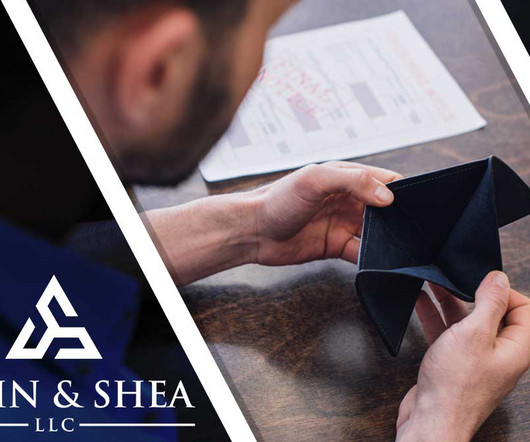Bankruptcy Chapter 7 vs 13: Which Is The Best Option?
Debt Free Colorado
DECEMBER 9, 2021
Creditors are prohibited from contacting you after your petition is filed. While bankruptcy law forces you to sell some assets to repay unsecured creditors, the majority of Americans keep all of their property because of bankruptcy limits on the categories of assets that may be used to settle debts.













Let's personalize your content